What Is Common Browser Mac?
This article has been developed to discuss what is the Common Browser Macinfection and also just how to remove it from your Mac entirely.
Macs are significantly ending up being a lucrative target for adware developers that aim to insert their undesirable programs. Similar to GSearch, Common Browser is one of those hijacker apps, which likely originally started as adware for Windows, establishing the Common Browser as a default search engine browser and presenting numerous advertisements on computers. And it shows up that now Common Browser proceeds its legacy of pushing unwanted software on Macs as well. Read this write-up to get the idea just how to remove Common Browser hijacker from your Mac as well as just how to protect yourself against such programs in the future.
Common Browser Mac Virus
Just like WebAdvancedSearch, Common Browser Mac may claim that they offer a personalized home page, that is interactive and also features the most recent information, according to your interests. However, the truth is substantially different than what is advertised, given that this hijacker may transform the web page as well as the brand-new tab web page of your browsers to Common Browser Mac. This may allow it to push it’s third-party content, that may not constantly lead you to risk-free sites.

Common Browser Mac Summary
| Name | Common Browser Mac |
| Type | Browser Hijacker for Mac |
| Short Description | Common Browser Mac aims to modify the settings on your web browser in order to get it to cause browser redirects and display different advertisements. |
| Symptoms | Your web browser begins to display various types of online advertisements, which results in slowing down of your Mac. |
| Distribution Method | Bundled downloads. Web pages which may advertise it. |
| Detection Tool |
See If Your System Has Been Affected by malware
Download
Malware Removal Tool
|
User Experience | Join Our Forum to Discuss Common Browser Mac. |
Common Browser Mac Hijacker– More Information
An additional approach by which Common Browser Mac may be spread out is to be added in the installers of other third-party programs. The software might be provided in one of the installation steps, typically found in the “Personalized” or “Advanced” installation tabs. This may eventually lead to Common Browser Mac to be even included by mounting its install files in a free app’s Express installation setting and thus avoiding the Advanced setup steps.
When we inspected the cookies on the default online search engine established by Common Browser Mac on your web browser, we have concluded that the amount of monitoring technology that may be utilized is unusually high and several of the cookies might remain on your browser for years, because of their expiry day being set to a number of years after you install Common Browser Mac.
Not just this, yet the online search engine itself may not be HTTPS safeguarded, which is highly untypical for an internet search engine and is characteristic to hoax search pages.
More to it, the Privacy Plan on the online search engine itself may claim that there could be scenarios in which they might gather certain data from your Mac.
Usually, unwanted programs, like Common Browser Mac typically take part in collaborations with third-party sites with whom they organize to show a lot of promotions, based upon the details that are gathered from the user, via the cookies set by the online search engine. However, this is a knife with two blades, given that these Common Browser Mac reroutes and ads may pose various dangers:
- Common Browser Mac may lead the victim to websites that may download malware that is camouflaged as an application or an update.
- Online users may be encouraged to complete their personal data in phony study or login web pages, which is additionally called phishing.
- The victims might be fooled into thinking phony web pages that show their Mac is at risk and call scammers’ phone numbers who pretend to be technical support. The scammers may then inject malware into victims’ Macs, allowing them access to the information inside.
Along with this, the very same individuals who likely made Common Browser Mac may make partnerships with people that wish to push third-party websites commercial without ethically deciding which sites to push, thus making the application much more dangerous for the typical user.
Get rid of Common Browser Mac from Your Mac
If you feel like it is risky to use Common Browser Mac and also you have determined to remove this unwanted program from your web browser and also your Mac, we recommend that you read the guide below as it aims to aid you to fully get rid of Common Browser Mac either manually or automatically. If the manual removal does not appear to function, it is very a good idea to download and install an innovative anti-malware app for Mac, which is created to make sure that all traces of apps like Common Browser Mac are eliminated and likewise make sure that you are as safeguarded as possible in the future against intrusive applications similar to it.
Steps to Prepare Before Removal:
Before starting to follow the steps below, be advised that you should first do the following preparations:
- Backup your files in case the worst happens.
- Make sure to have a device with these instructions on standy.
- Arm yourself with patience.
- 1. Scan for Mac Malware
- 2. Uninstall Risky Apps
- 3. Clean Your Browsers
Step 1: Scan for and remove Common Browser Mac files from your Mac
When you are facing problems on your Mac as a result of unwanted scripts and programs such as Common Browser Mac, the recommended way of eliminating the threat is by using an anti-malware program. SpyHunter for Mac offers advanced security features along with other modules that will improve your Mac’s security and protect it in the future.
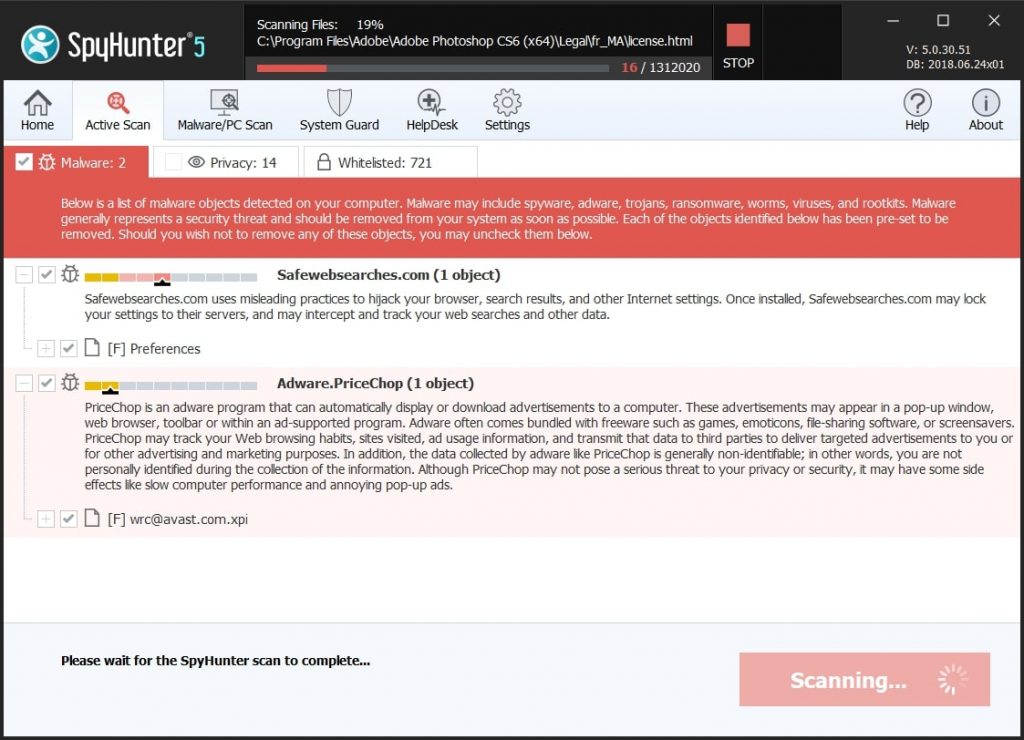
Quick and Easy Mac Malware Video Removal Guide
Bonus Step: How to Make Your Mac Run Faster?
Mac machines maintain probably the fastest operating system out there. Still, Macs do become slow and sluggish sometimes. The video guide below examines all of the possible problems that may lead to your Mac being slower than usual as well as all of the steps that can help you to speed up your Mac.
Step 2: Uninstall Common Browser Mac and remove related files and objects
1. Hit the ⇧+⌘+U keys to open Utilities. Another way is to click on “Go” and then click “Utilities”, like the image below shows:
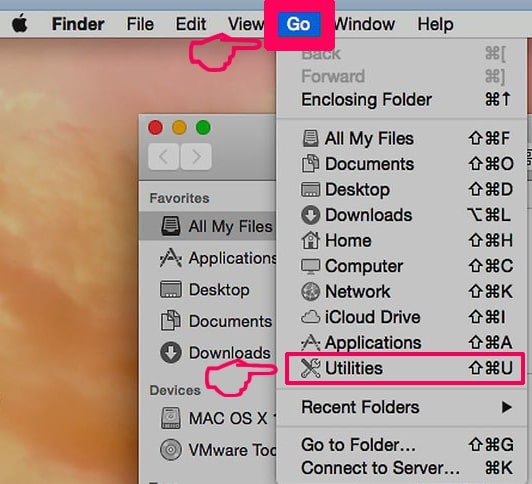
2. Find Activity Monitor and double-click it:
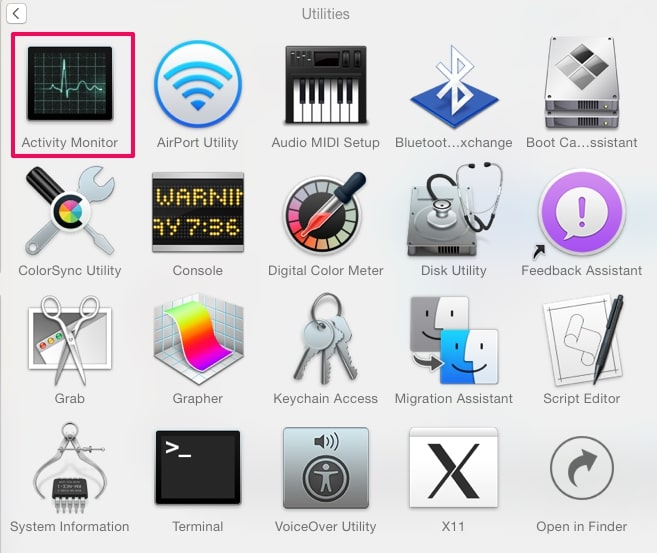
3. In the Activity Monitor look for any suspicious processes, belonging or related to Common Browser Mac:
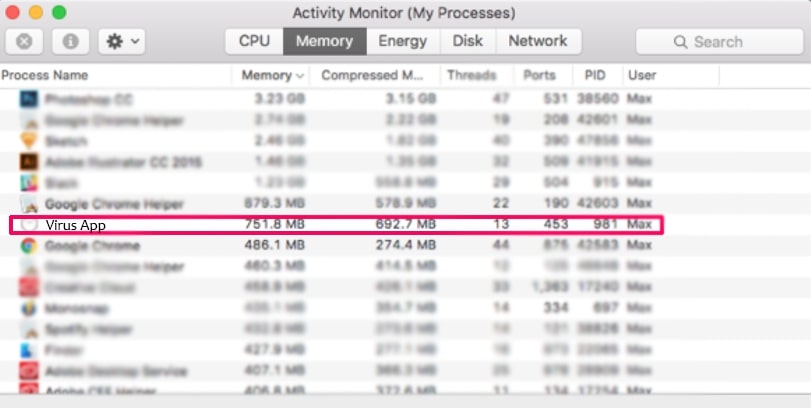
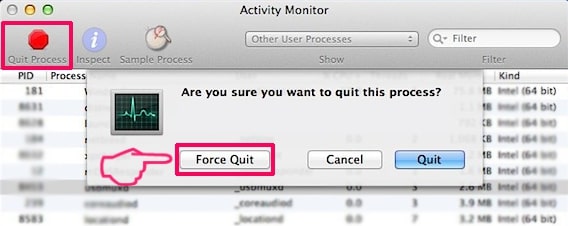
4. Click on the "Go" button again, but this time select Applications. Another way is with the ⇧+⌘+A buttons.
5. In the Applications menu, look for any suspicious app or an app with a name, similar or identical to Common Browser Mac. If you find it, right-click on the app and select “Move to Trash”.
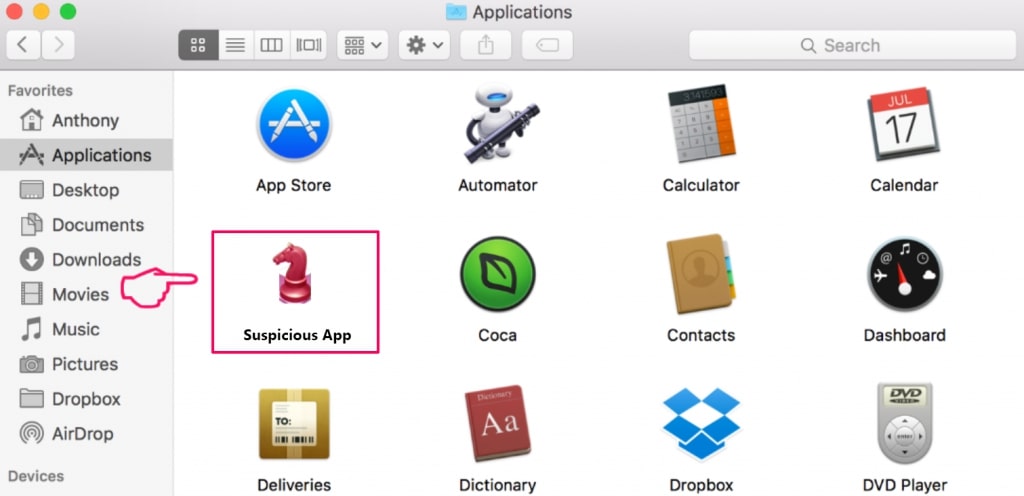
6. Select Accounts, after which click on the Login Items preference. Your Mac will then show you a list of items that start automatically when you log in. Look for any suspicious apps identical or similar to Common Browser Mac. Check the app you want to stop from running automatically and then select on the Minus (“-“) icon to hide it.
7. Remove any leftover files that might be related to this threat manually by following the sub-steps below:
- Go to Finder.
- In the search bar type the name of the app that you want to remove.
- Above the search bar change the two drop down menus to “System Files” and “Are Included” so that you can see all of the files associated with the application you want to remove. Bear in mind that some of the files may not be related to the app so be very careful which files you delete.
- If all of the files are related, hold the ⌘+A buttons to select them and then drive them to “Trash”.
In case you cannot remove Common Browser Mac via Step 1 above:
In case you cannot find the virus files and objects in your Applications or other places we have shown above, you can manually look for them in the Libraries of your Mac. But before doing this, please read the disclaimer below:
1. Click on "Go" and Then "Go to Folder" as shown underneath:
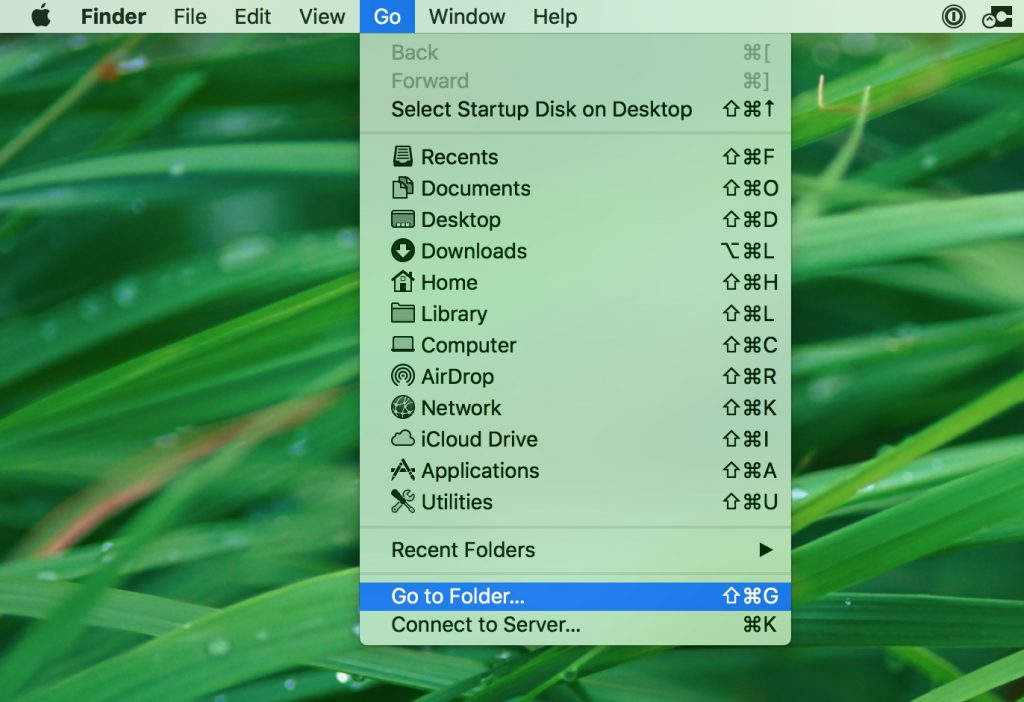
2. Type in "/Library/LauchAgents/" and click Ok:
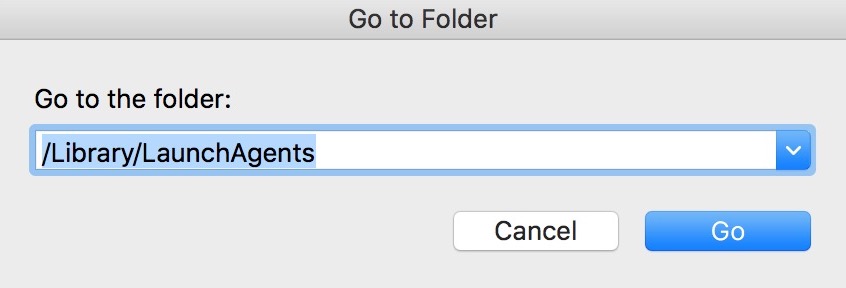
3. Delete all of the virus files that have similar or the same name as Common Browser Mac. If you believe there is no such file, do not delete anything.
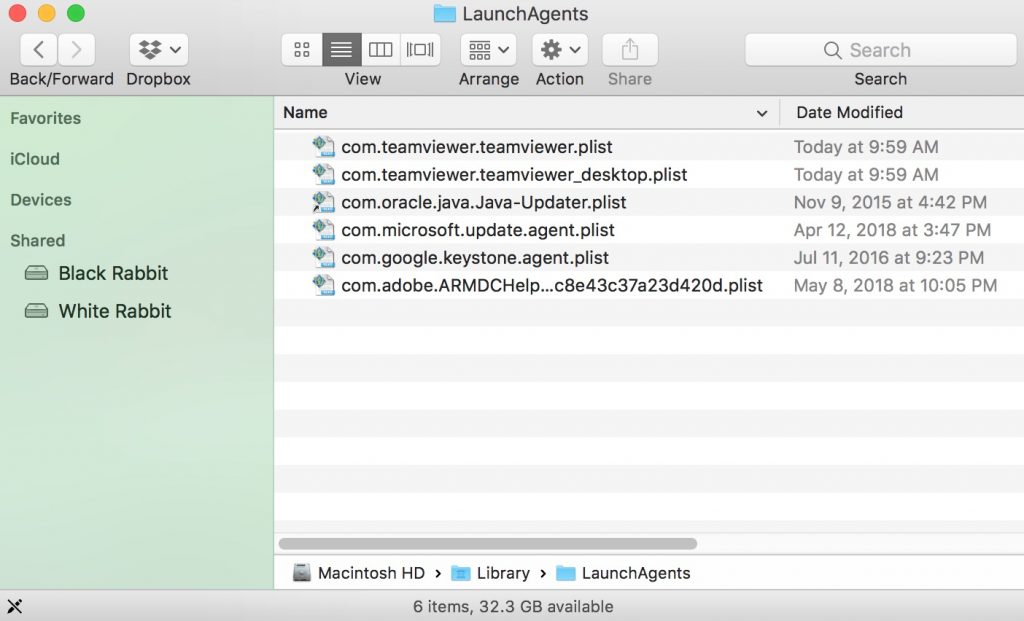
You can repeat the same procedure with the following other Library directories:
→ ~/Library/LaunchAgents
/Library/LaunchDaemons
Tip: ~ is there on purpose, because it leads to more LaunchAgents.
Step 3: Remove Common Browser Mac – related extensions from Safari / Chrome / Firefox
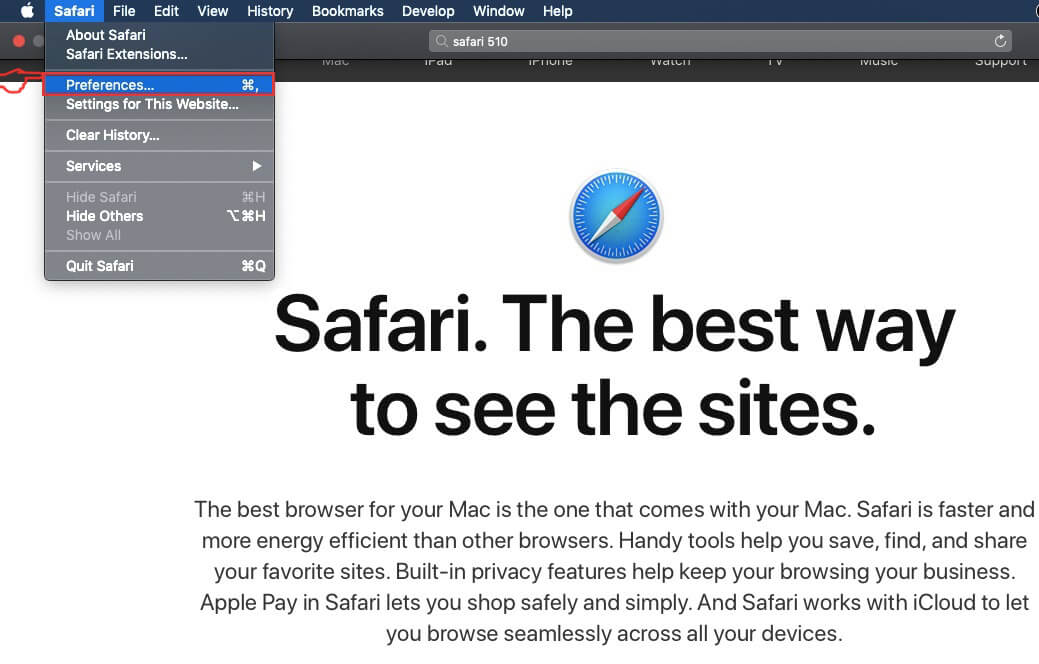

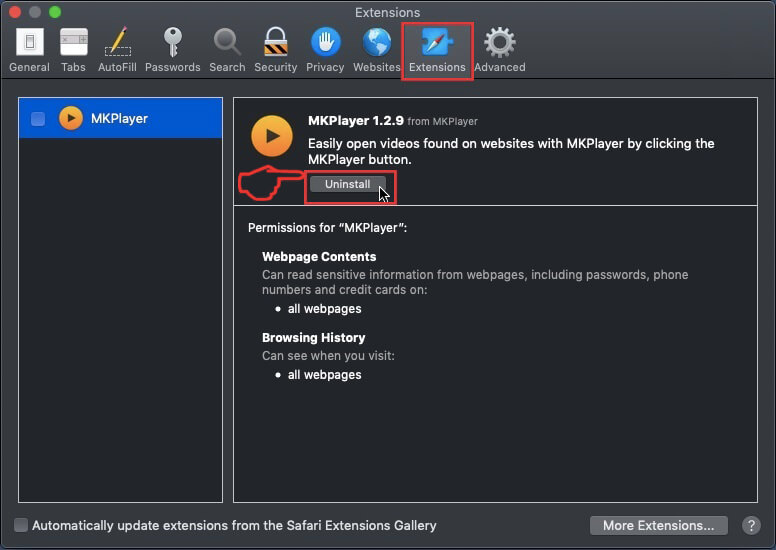
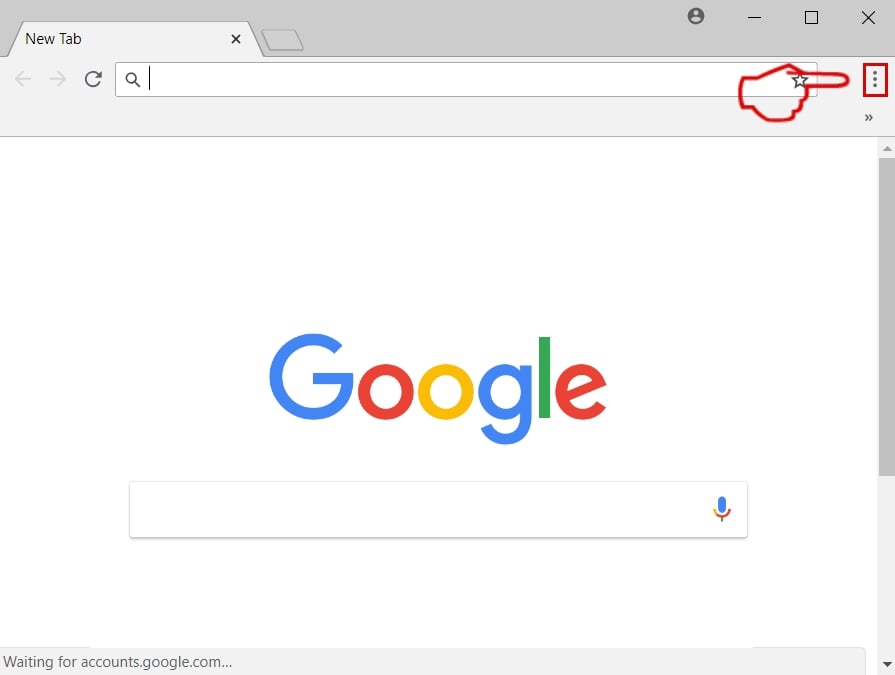
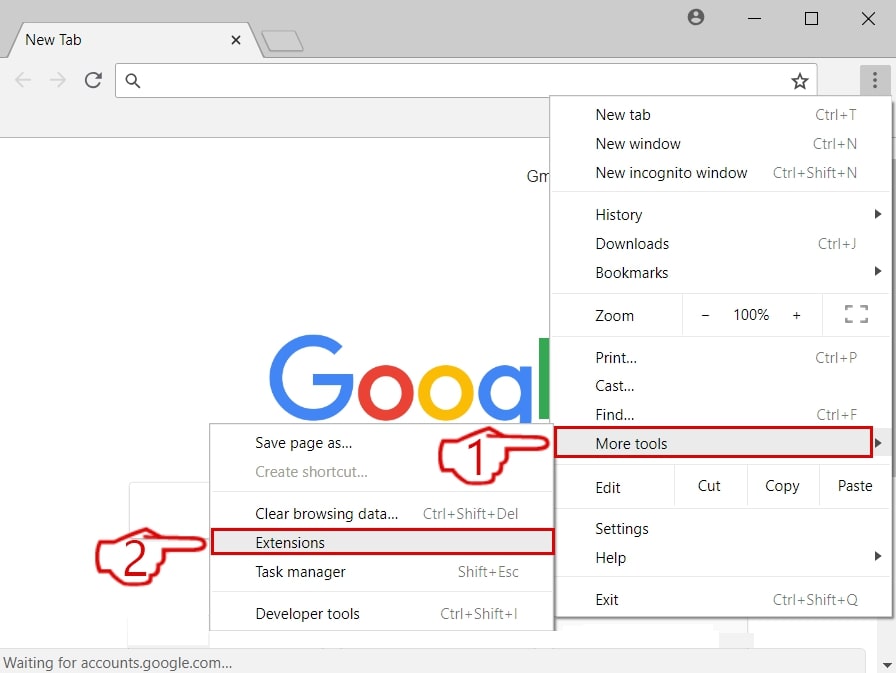
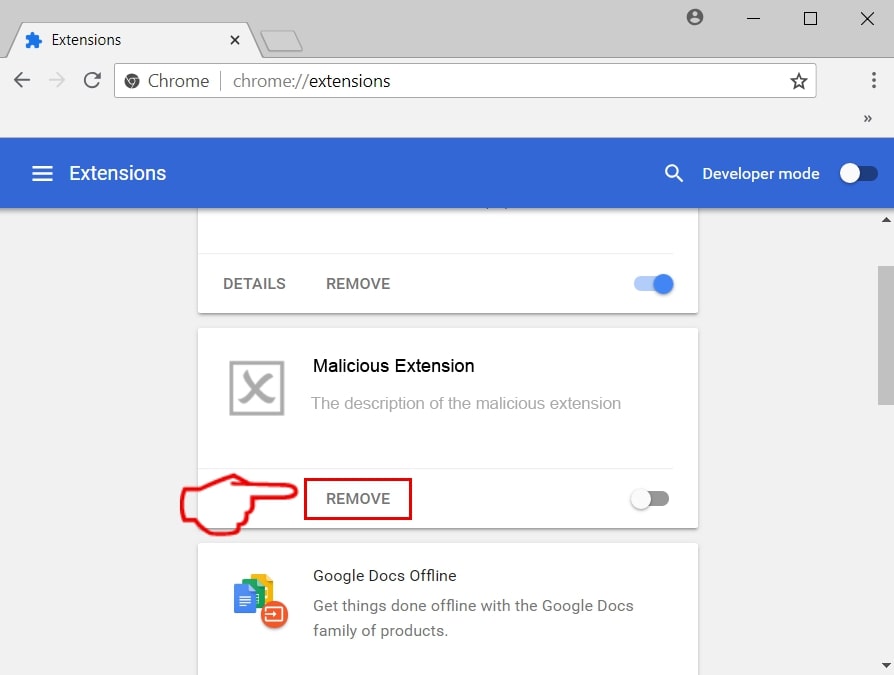
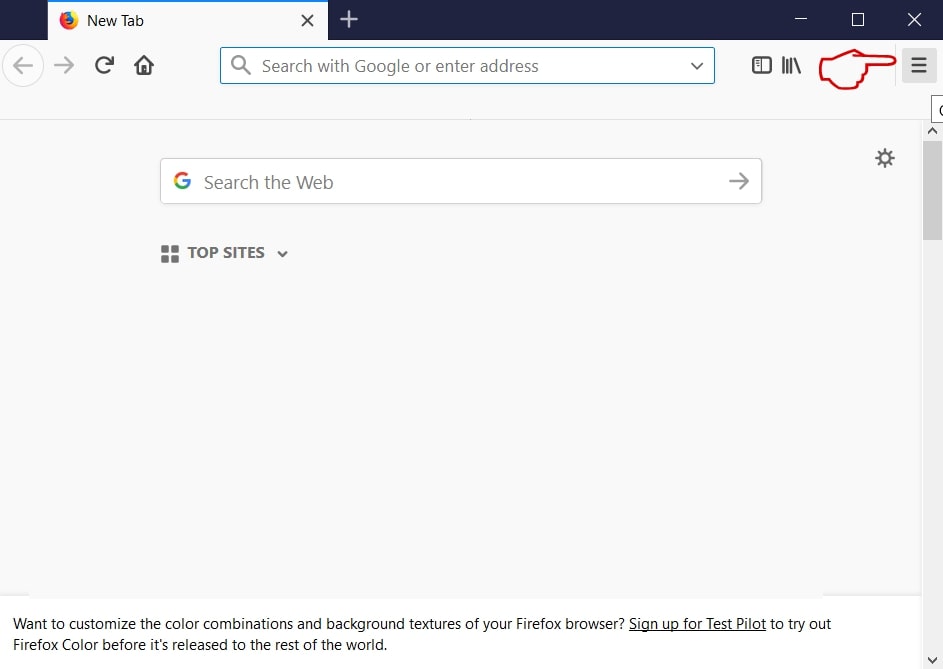
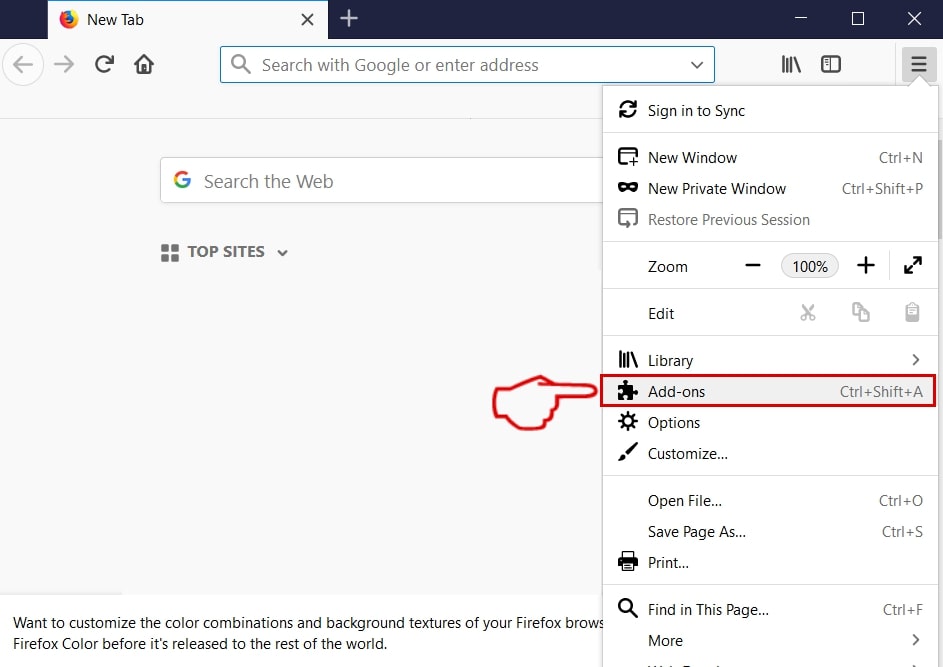
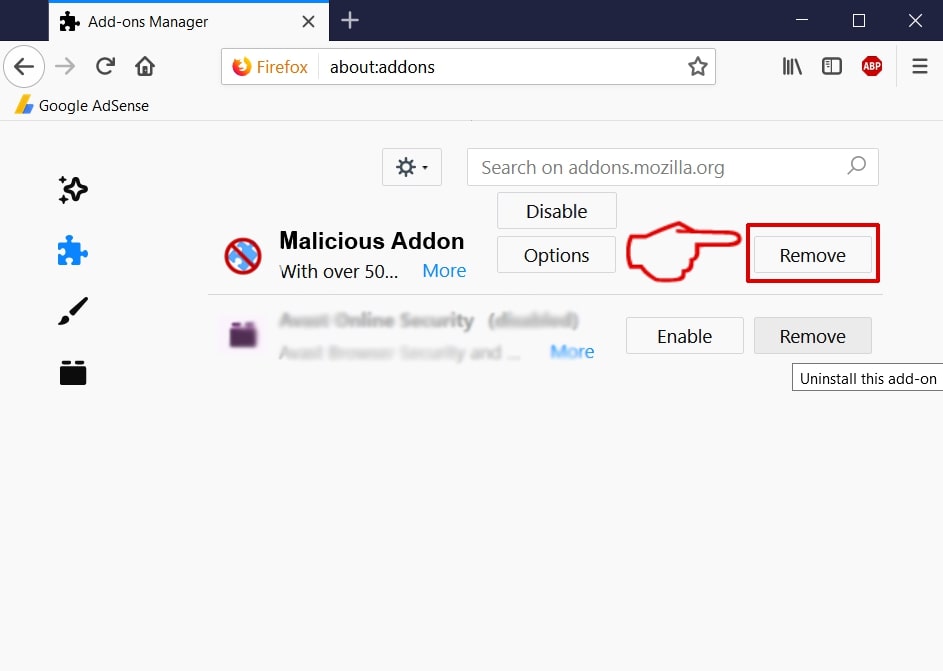
Common Browser Mac-FAQ
What is Common Browser Mac on your Mac?
The Common Browser Mac threat is probably a potentially unwanted app. There is also a chance it could be related to Mac malware. If so, such apps tend to slow your Mac down significantly and display advertisements. They could also use cookies and other trackers to obtain browsing information from the installed web browsers on your Mac.
Can Macs Get Viruses?
Yes. As much as any other device, Apple computers do get malware. Apple devices may not be a frequent target by malware authors, but rest assured that almost all of the Apple devices can become infected with a threat.
What Types of Mac Threats Are There?
According to most malware researchers and cyber-security experts, the types of threats that can currently infect your Mac can be rogue antivirus programs, adware or hijackers (PUPs), Trojan horses, ransomware and crypto-miner malware.
What To Do If I Have a Mac Virus, Like Common Browser Mac?
Do not panic! You can easily get rid of most Mac threats by firstly isolating them and then removing them. One recommended way to do that is by using a reputable malware removal software that can take care of the removal automatically for you.
There are many Mac anti-malware apps out there that you can choose from. SpyHunter for Mac is one of the reccomended Mac anti-malware apps, that can scan for free and detect any viruses. This saves time for manual removal that you would otherwise have to do.
How to Secure My Data from Common Browser Mac?
With few simple actions. First and foremost, it is imperative that you follow these steps:
Step 1: Find a safe computer and connect it to another network, not the one that your Mac was infected in.
Step 2: Change all of your passwords, starting from your e-mail passwords.
Step 3: Enable two-factor authentication for protection of your important accounts.
Step 4: Call your bank to change your credit card details (secret code, etc.) if you have saved your credit card for online shopping or have done online activiites with your card.
Step 5: Make sure to call your ISP (Internet provider or carrier) and ask them to change your IP address.
Step 6: Change your Wi-Fi password.
Step 7: (Optional): Make sure to scan all of the devices connected to your network for viruses and repeat these steps for them if they are affected.
Step 8: Install anti-malware software with real-time protection on every device you have.
Step 9: Try not to download software from sites you know nothing about and stay away from low-reputation websites in general.
If you follow these reccomendations, your network and Apple devices will become significantly more safe against any threats or information invasive software and be virus free and protected in the future too.
More tips you can find on our MacOS Virus section, where you can also ask any questions and comment about your Mac problems.
About the Common Browser Mac Research
The content we publish on SensorsTechForum.com, this Common Browser Mac how-to removal guide included, is the outcome of extensive research, hard work and our team’s devotion to help you remove the specific macOS issue.
How did we conduct the research on Common Browser Mac?
Please note that our research is based on an independent investigation. We are in contact with independent security researchers, thanks to which we receive daily updates on the latest malware definitions, including the various types of Mac threats, especially adware and potentially unwanted apps (PUAs).
Furthermore, the research behind the Common Browser Mac threat is backed with VirusTotal.
To better understand the threat posed by Mac malware, please refer to the following articles which provide knowledgeable details.



